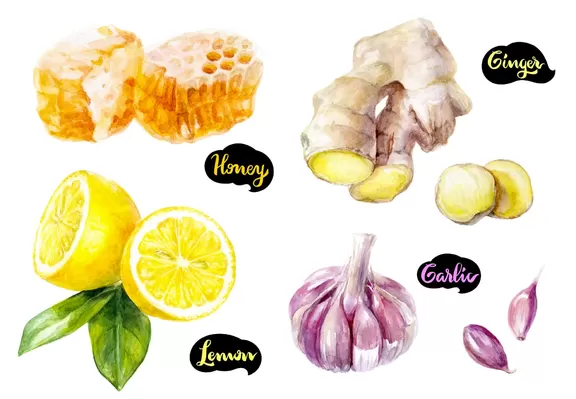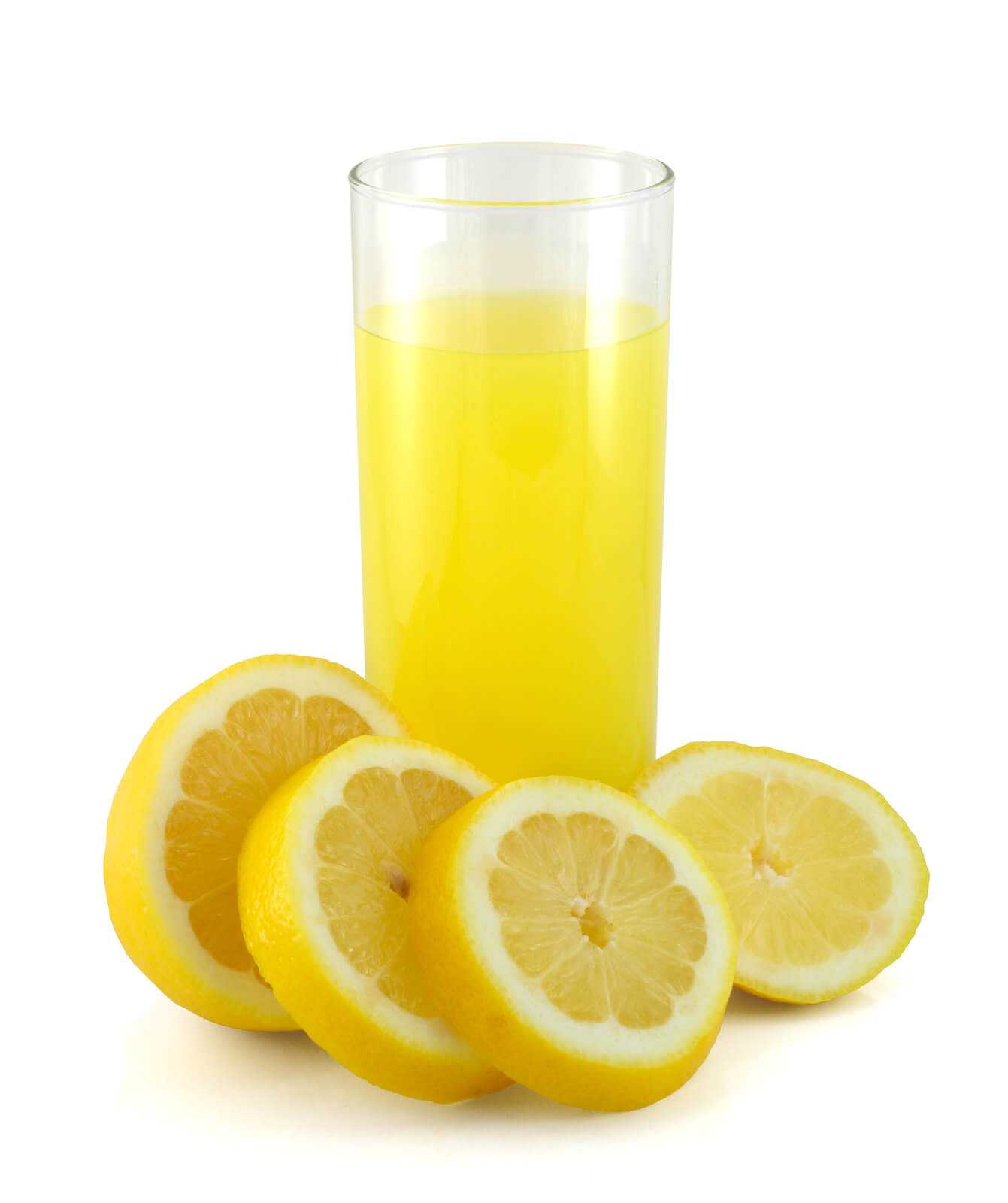
When considering if lemon juice (or lemon water) kills probiotics (or helps them), it is important to understand what kinds of bacteria are probiotic. A 2013 study(source 1) outlines common probiotic bacteria. Essentially, this study primarily lists Lactobacillus and Bifidobacterium (two different genera of bacteria) as probiotics. And, if you go to buy a probiotic supplement, it is probably dominated by these two bacterial genera.
Concerning Lactobacillus, the research is quite clear. Many of these bacteria have been used to ferment lemon juice in experiments. And, if a bacteria can ferment a substance, it can tolerate it well; otherwise it couldn’t live in and change the medium it is fermenting. So, yes, Lactobacillus can survive quite well in lemon juice.
Concerning Bifidobacterium, at the time of this writing there is not much research documenting the effects lemon juice will have on it. Yet, there are other studies that can be used to extrapolate, or draw a conclusion, as to how lemon juice will influence these bacteria. As the research will show, it is reasonable to conclude that even after long periods of Bifidobacterium being exposed to lemon juice, it will not hurt it too much. And, it can be inferred that keeping this bacteria in lemon juice for under a day will pose little or no threat to it.
Since 100% lemon juice is likely not going to hurt probiotics, lemon water will not hurt or improve them either. Lemon water is essentially just extremely diluted lemon juice; and this dilution attenuates the impact lemon juice will have on bacteria. The further it is diluted, the less of an effect the juice will have on bacteria.
So, the conclusion, as research will show, is that lemon juice is probably very safe for probiotic bacteria. And, will not impart any prebiotic effect; as exposure to this fluid ultimately reduces—not increases—the survival of probiotics.
Further Information about Lemon & Bacteria
Lemon extracts, and sometimes juice, does kill pathogenic bacteria. But, mostly this applies to extracts of this fruit (which contain concentrated amounts of phytochemicals). Herbsey has an entire article detailing how lemon affects common bacterial pathogens. You can find this article here: The Antibacterial Properties of Lemon.
Dr. John Herzog (MD)
Dr. John Herzog, a "survival surgeon" from Maine explains what home remedies work best in a crisis situation.
This may be important in the event you require first-aid or are in an emergency situation without easy access to a hospital. Dr. John Herzog has assembled a large collection of home remedies for such scenarios.

Lactobacillus’ Survival in Lemon Juice
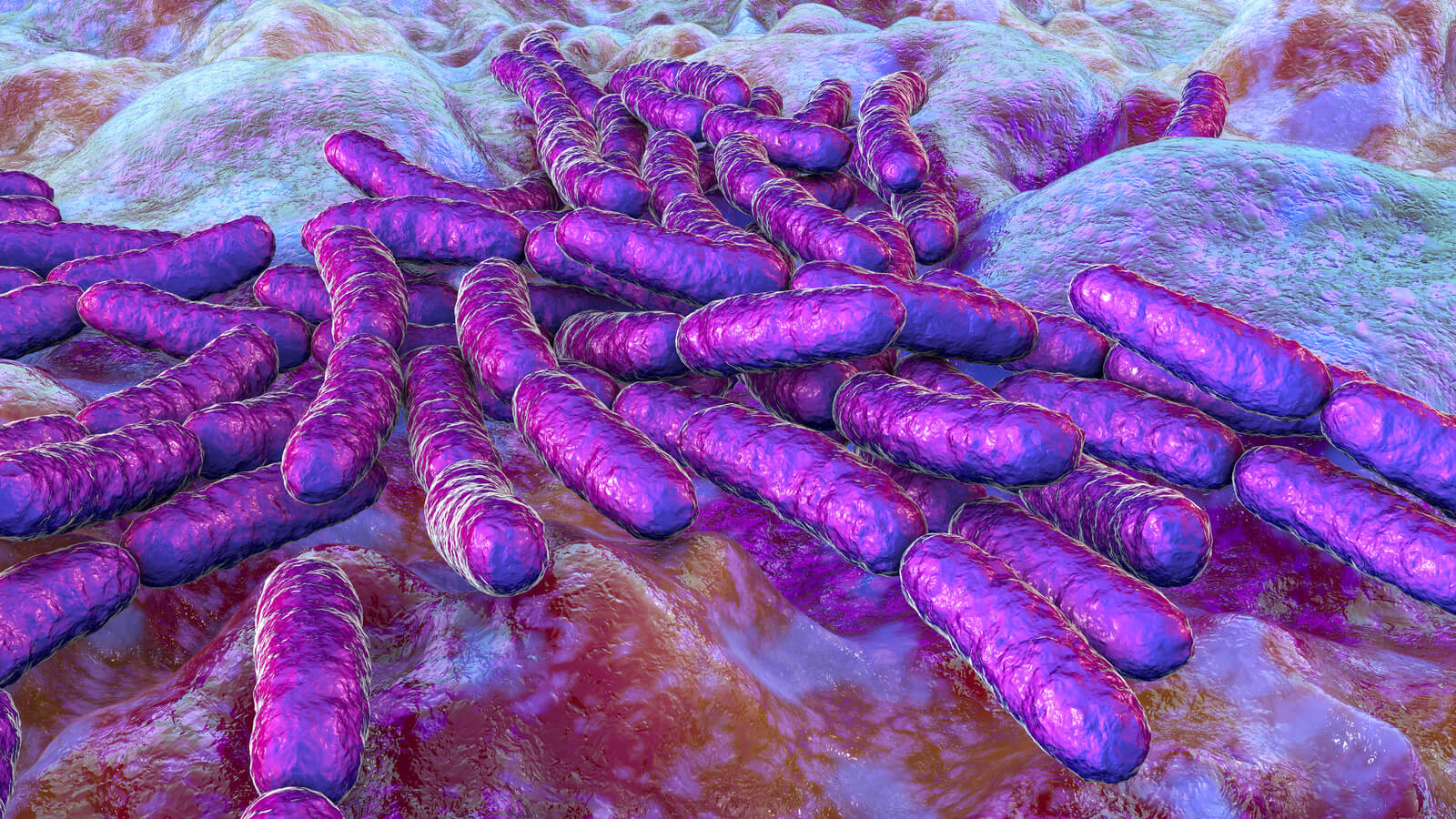
A study published in the International Journal of Food Microbiology [146.2 (2011): 111-11](source 2) demonstrated that Lactobacillus plantarum (L. plantarum) survives in lemon juice. And, L. plantarum is considered probiotic.(source 1) The study put the bacteria into various juices, one of which was lemon juice, and stored them at 4 °C for 6 weeks.
The study found that lemon juice, even after storage for 6 weeks, did not reduce the amount of L. plantarum too much. And, lemon juice had the lowest pH among all the juices tested.
A 2022 study in ScienceAsia(source 3) demonstrated how many different strains of Lactobacillus could be used to ferment lemon juice. The species of probiotic Lactobacillus used were L. acidophilus, and L. fermentum, L. plantarum, and L. delbrueckii. These bacteria were added to lemon juice and fermented at 30 °C for 72 hours. Thus, this shows that these bacteria survive in lemon juice as they were used to ferment the juice.
Another study in Advances in Pharmacology and Pharmacy [3.1 (2015): 11-21](source 4) also found how well probiotic bacteria would survive in lemon juice. The probiotic species of Lactobacillus used in the study were L. plantarum, L. casei, L. delbrueckii, and L. helveticus. The study showed that a good amount of these bacteria survived for 3 weeks in lemon juice. And, it appeared that when multiple species were added to lemon juice, the overall survival of the bacteria was increased.
Claire Goodall’s Amazing Guide
Clair Goodall is a bee-obsessed, natural medicine convert from Minnesota (USA). And, she does keep bees!
Clair has created 350+ page book documenting how to replace the toxic products and medications in your home with healthier, all-natural alternatives.

Lemon Juice & Bifidobacterium
After searching the literature, there do not appear to be relevant studies using lemon juice on bifidobacterium. But, it may be possible to approximate an answer from other research.
A study published in the Journal of food science [78.11 (2013)](source 5) tested lemon extract with Bifidobacterium. The species of Bifidobacterium used were: B. bifidum, B. animalis (subspecies lactis), B. animalis (subspecies animalis), and B. longum (subspecies infantis). The study found that just 0.01 mg/mL stopped the growth of all these bacteria except for B. animalis (subspecies lactis).
Yet, although growth was stopped, the lemon extract did not have a killing effect toward Bifidobacterium.

Comprehensive Herbalist School
Dr. Patrick Jones, founder of the HomeGrown Herbalist School of Botanical Medicine has been a practicing veterinarian for over 25 years. He is also a clinical herbalist and traditional naturopath.
Kevin Harrington, Original Shark from ABC’s Shark Tank, stands behind Dr. Patrick Jones and HomeGrown Herbalist.
Learn More
Comprehensive Herbalist School
Dr. Patrick Jones, founder of the HomeGrown Herbalist School of Botanical Medicine has been a practicing veterinarian for over 25 years. He is also a clinical herbalist and traditional naturopath.
Kevin Harrington, Original Shark from ABC’s Shark Tank, stands behind Dr. Patrick Jones and HomeGrown Herbalist.Learn More
A 2019 study(source 6) showed lemon fiber had no prebiotic effect on Bifidobacterium. Suggesting that eating lemons will not help this bacteria.
A study published in Food Chemistry [129.3 (2011): 1037-1044](source 8) looked at how Bifidobacterium longum, used as a model probiotic, would be impacted by synthetic and real fruit juices. Although this study did not use lemon juice, we can infer the effects lemon juice would have on this bacteria. The pH and phenolic content was assessed for the fruit juices used; making for a better approximation to lemon juice.
This research used 6 commercial fruit juices: grapefruit, blackcurrant, pomegranate, orange, pineapple, and strawberry juice. Bifidobacterium was put into these juices for six weeks and analyzed for their survival. The bacteria survived very well in all of the juices except pomegranate and strawberry.
Yet, pomegranate and strawberry very drastically killed off bacteria within six weeks of storage. The living bacteria cells in pomegranate juice were reduced to undetectable levels within one week. It took four weeks in strawberry juice to reduce the bacteria to undetectable levels. The difference in bacterial survival may be due to pomegranate and strawberry juices having much higher phenol (an aromatic organic compound) content.
The study reported the amount of phenolic content of the juices as:
- Strawberry Juice: about 3.5 g/L
- Pomegranate Juice: about 6 g/L
- Orange Juice: about 0.5 g/L
- Grapefruit Juice: about 1.3 g/L
- Blackcurrant Juice: about 1.4 g/L
- Pineapple Juice: about 1.0 g/L
Another study in Journal of Food Science and Technology(source 7) reported the phenolic content of lemon juice at about 250 mg/L, which is 0.250 g/L. Thus, it would appear that the variable of phenolic content does not apply to lemon juice; as this juice has a very low phenolic content compared to strawberry or pomegranate juices.
The study also made solutions to simulate juice, which varied in their pH and amounts of citric acid, protein, and dietary fiber. The lowest pH used in these solutions was 3.2. In many of these synthetic juice solutions, the amount of Bifidobacterium was reduced. But, even after 6 weeks of storage, there was still a good amount of bacteria still living.
Does Lemon Juice Kill Bifidobacterium?
Given the research showing low concentrations of lemon extract do not kill Bifidobacterium; and, juices with similar characteristics to lemon juice also do not hurt this bacteria; it is reasonable to conclude that lemon juice will not kill Bifidobacterium. This may be especially true when putting this bacteria in lemon juice for a day or less; as experiments seem to incubate the bacteria in juices for prolonged periods of time.
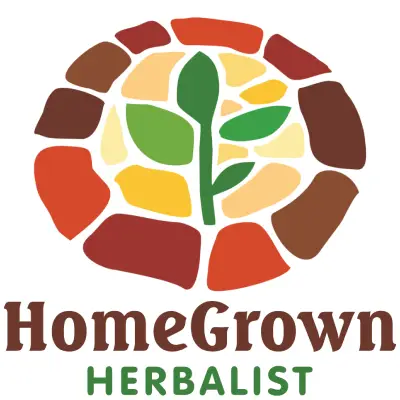
HomeGrown Herbalist Herb Shoppe
Owner of HomeGrown Herbalist Dr. Patrick Jones is a practicing veterinarian, Clinical Herbalist, and traditional naturopath. He owns and operates Fairview Animal Hospital in Buhl, ID.
Their herb shoppe provides herbs, essential oils, and tools. If you have some time, check it out!
Learn More
HomeGrown Herbalist Herb Shoppe
Owner of HomeGrown Herbalist Dr. Patrick Jones is a practicing veterinarian, Clinical Herbalist, and traditional naturopath. He owns and operates Fairview Animal Hospital in Buhl, ID.
Their herb shoppe provides herbs, essential oils, and tools. If you have some time, check it out!Learn More
Research also seems to point to the fact that lemon is not a prebiotic for Bifidobacterium. As lemon juice will likely stymie the growth of this bacteria; and the fibrous material does not stimulate the growth; lemon appears to not provide a boost in vitality for Bifidobacterium.
Lemon Water and Probiotics
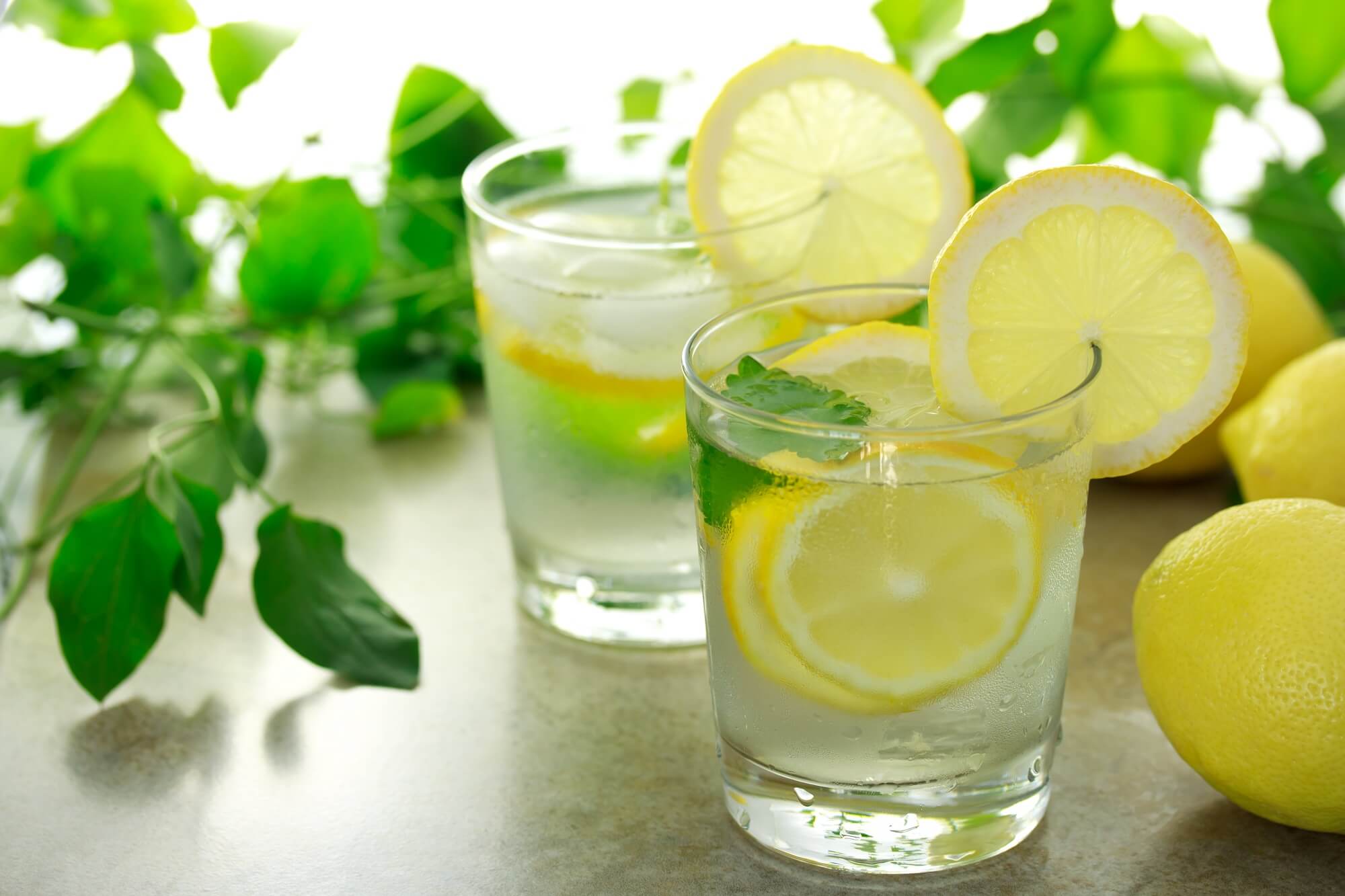
A health trend is drinking lemon water; and, you may be wondering how this would impact probiotics. As the aforementioned research and conclusions point out, lemon juice doesn’t hurt probiotics too much at all. Since lemon water has a very diluted amount of lemon juice in it, the impact of lemon juice will be drastically reduced.
Since full strength lemon juice will not bring about too much inhibitory or killing effect, possibly even after weeks of storage, it is reasonable to conclude that lemon water will not affect probiotics. This is primarily due to the very low concentration of lemon juice. If 100% lemon juice won’t kill probiotics, then a highly diluted form of lemon juice will probably do nothing to probiotics.
Thus, does lemon water hurt probiotics? Almost certainly NO. Is lemon water good for probiotics? Since there is so little lemon in lemon water, it probably does absolutely nothing for probiotics.
The Side Effects of Lemon
Lemons are, of course, a fruit that you can eat. And, are generally very safe. Yet, certain side effects can occur from eating or being exposed to lemons. Tooth erosion, heartburn, and phototoxicity are all negative side effects that lemon can cause. Additionally, lemon may alter women’s reproductive hormones. Some cultures suggest that lemon is an effective contraceptive for women. To learn more about these side effects, Herbsey has an entire article on this topic: Side Effects of Lemon & Lemon Juice.
About the Author
Nick Gross is a natural medicine enthusiast who has been researching and writing about natural medicine since 2008. Nick is primarily a web developer, but also researches and authors written and video content about natural health. Nick has a bachelor’s degree in Management Information Systems from the University of Northern Iowa.
More on Nick GrossImportant Disclosures & Disclaimers
It is important to use the information you find on Herbsey.com in the right way. Also for legal reasons, these disclaimers and disclosures are necessary. For further information about each, feel free to click the link provided to the page on this website that provides more information.
Medical Disclaimer
The information on this website is not a prescription for anyone. This information is for informational or educational purposes only, and is not a substitute for professional medical advice or consultations with healthcare professionals.
Advertisement Disclosure
Some of the links provided on this article and website are affiliate links. If you purchase a product after clicking on these links, Herbsey.com will earn a commission. Herbsey.com promotes various products through advertisement and text links. For more information: Our Advertisements.





